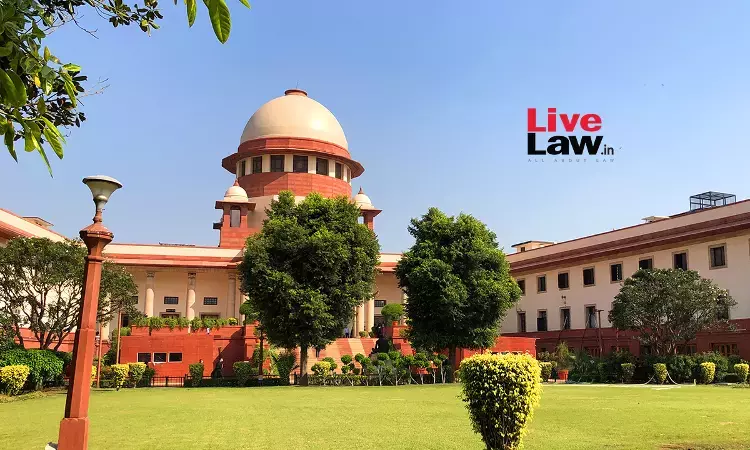An application filed by Senior Advocate Gaurav Agrawal revealed that there were 62 children born in the jails in West Bengal during the last four years. However, the application added that most of these women inmates 'were already expecting at the time when they were brought to the jails.' “In some cases, the women prisoners had gone out on parole and returned back expecting," Agarwal,...

